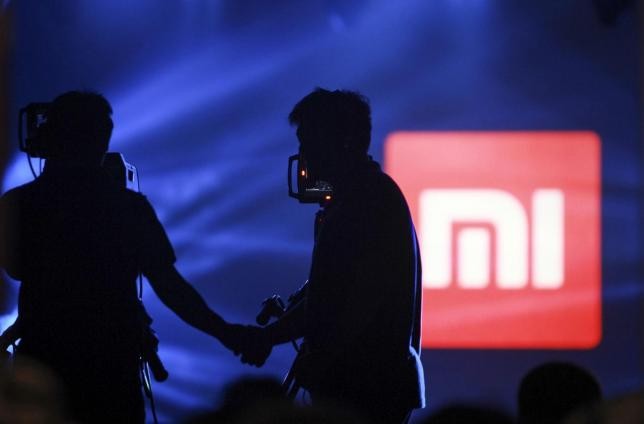Xiaomi's growth has stalled as China's smartphone market becomes saturated with tons of handsets, and local competitors Meizu, Lenovo and Huawei catch up with new, cutting-edge models and various sales channels, according to the Guangzhou-based 21st Century Business Herald's report.
Leading smartphone maker Xiaomi sold 34.7 million smartphones in the first six months of 2015, 33 percent higher over the same period last year. Lei Jun, the firm's founder and CEO, announced sales targets of 80 to 100 million handsets for the year, which means that the company must ship out 45.3 million in the second half of the year, a 30-percent increase from the first half.
Gartner chief analyst Lu Junkuan said that the smartphone manufacturer sold 26.11 million units in the first half of 2014 and 35.01 million in the second half, making 34 percent growth compared with the first half of last year. With these statistics, Xiaomi's growth slowdown might happen sooner than expected, Lu said.
It is inevitable for rivals to copy Xiaomi's hardware designs and business models, making the bottleneck a reality. Huawei released its Honor series for the elite market, Meizu launched the Meilan Note, and Lenovo launched its Lemon K3 Note to contend with Xiaomi's Redmi Note handsets.
The Redmi 2, which costs 699 yuan ($109) is Xiaomi's best-selling model, according to the company's data. Meanwhile, their Redmi Note has sold 20 million units since its launch 18 months ago. The firm's Redmi series cover almost 80 percent of Xiaomi's total revenues.
Despite the success of the Redmi models, competitors such as Lenovo, Meizu and Huawei have also gathered significant portions of the market, the report said.
Xiaomi was not focused on selling phones in the over-1,000 yuan ($157) segment. In fact, data from China Mobile showed that the Mi 4 smartphone, sold at 1,999 yuan ($313), had sales of around 1.4 million units a month after its launch on China Mobile's platform. It accounted for 20 percent of all the Xiaomi brands during that time.
The most impactful change Xiaomi has introduced to the Chinese market is online selling, Lu said. Online smartphone revenues in China were too little before Xiaomi came into the picture. Now, almost every smartphone maker has their own online selling site, and over 30 percent of the market is now attributed to online smartphone sales.
The smartphone giant has been innovating beyond smartphones since last year. CEO Lei Jun has planned to "connect everything through the smartphone" and commenced building a system on the Internet of Things (IoT), launching diversified devices such as TVs, air purifiers, connectors, routers and smart bracelets.
Investors value Xiaomi at $45 billion, and they are optimistic that the fast-growing firm will continue to expand even more, the report said.



























